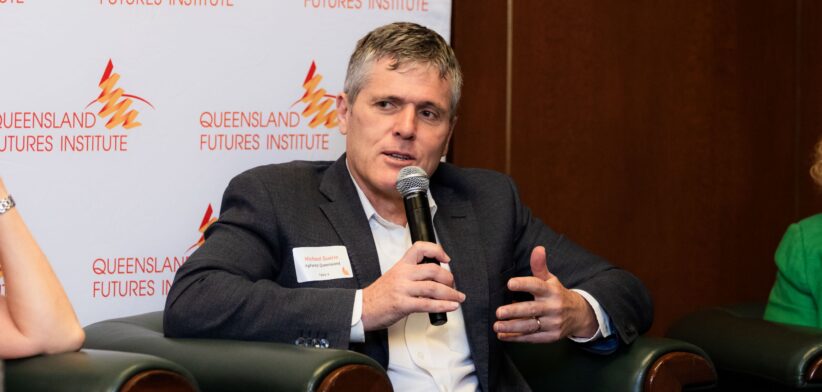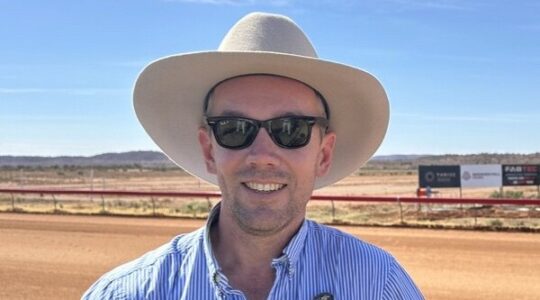Expanding markets and better understanding of the industry’s positive environmental impacts will position Queensland’s agriculture sector for future growth.
AgForce Queensland Chief Executive Officer Michael Guerin said the disruption of trade with China over recent years had forced the industry to diversity markets.
Mr Guerin, speaking at a Queensland Futures Institute event this week, said that work was bearing fruit and having a multiplier effect on export opportunities with Chinese now lifting trade restrictions.
“While the return of favourable conditions in China are welcome and should be grabbed with both hands, we also recognized the need to reduce our vulnerability,” he said.
“Those interruptions in the last few years have allowed us to accelerate that diversification.”
Mr Guerin said the initial focus had been on South-East Asia, making the point that “a third of the world’s population is just to our north”.
He said Indonesia was a surging economy, with predictions it would join the G7 within the next 20 years.
“They don’t have the land and the ability to grow food that we do (and) we have a very strong relationships there.”
Mr Guerin added Vietnam, the Philippines and Malaysia as prime export targets.
“They’re all big powerful countries in their own right.”
He said many thought of South-East Asia as one block, but it was not.
“It’s a group of individual countries, different cultures, ways of engaging in trade, thinking about food.
“But those four are very powerful populous countries with a high growth rate and a real interest in Australia, and particularly Queensland.”
Mr Guerin said in addition to expanding export markets a better articulation of the contribution agriculture was making to the transition to net-zero would lift the sector.
He said the Australian agriculture industry was the only industry in Australia to tangibly reduce its net emissions profile since 1995.
“It’s in the national accounts and not up for debate.”
Mr Guerin said there was still work to do in reducing the impact of ruminant animals, but good work was being done in rehabilitating landscapes and building biodiversity.
He said it was a fact negotiators involved in the United Kingdom free trade Deal understood, but those involved in the European Union deal didn’t.
“That’s a fascinating example where the environmental challenges and opportunities of food production come together.”
Mr Guerin said discussions on the environment were held in relation to both the UK and EU deals, but while they UK deal got though, no agreement could be made with the EU.
“It fell over because the European Union were determined to put environmental conditions on Australian industry, which don’t represent the reality of the Australian landscape.
“Most of our landscapes are only viable for growing cattle and sheep and goats, not for farming intensive agriculture.”
He said negotiators in the UK trade deal recognized that and took the time to understand Australia’s environmental credentials.
“So there is a great opportunity in front of us (and) we hope to be back in front of the European Union talking to them differently.”








